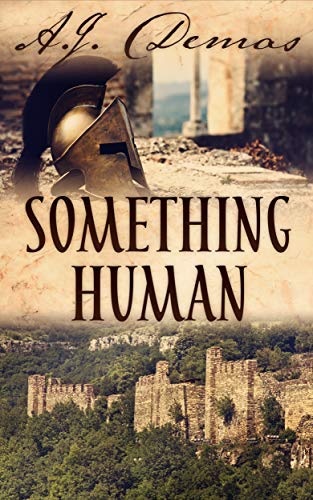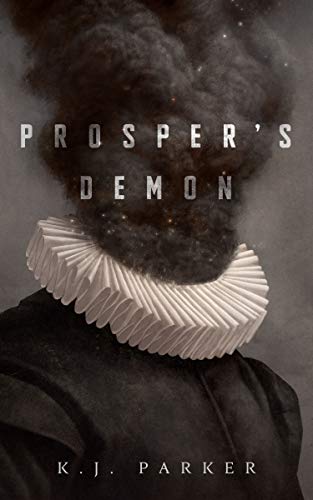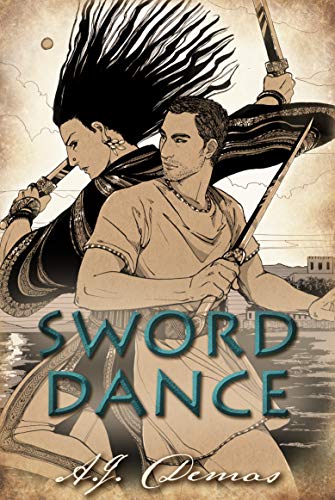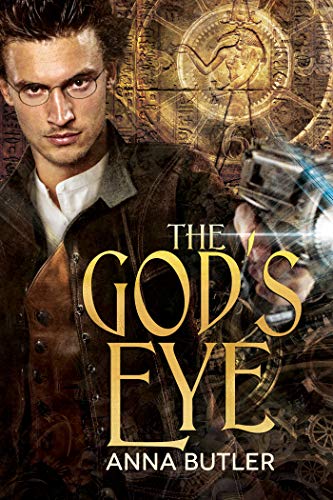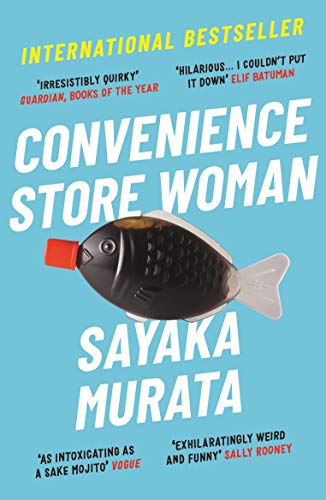... much describing of other people's passions and feelings set her to studying and speculating about her own, a morbid amusement in which healthy young minds do not voluntarily indulge. [loc. 6400]
The story of four sisters growing up in (relative) poverty during the American Civil War while their father is away with the Army. Each sister (feminine Meg, tomboy writer Jo, artist Amy and shy pianist Beth) confronts different challenges and moral dilemmas. Each grows and changes over the course of the novel, which begins rather episodically (one chapter per challenge) but coalesces later on.
(I say 'the novel': publications of
Little Women usually consist of both
Little Women -- where none of the girls are married and all live at home -- and
Good Wives, which begins after Meg's marriage and ends with Jo's.)
I found the religious aspects of the novel, and the girls' desire to be Good, rather wearing and somewhat sentimental. I'm unsettled by the inequalities in the novel -- Laurie and his grandfather live in splendid solitude in a grand house, while down the road a family of German immigrants don't have enough to eat. This is human nature, then and now: but none of the March family question it, even when they're expending their own limited resources on charitable work. They give their Christmas meal to the Hummels -- and
then are rewarded by old Mr Laurence sending them food. Instant rewards for good behaviour! But Mr Laurence could as easily have donated food directly to the Hummels...
And the title,
Little Women, still seems to me to privilege adulthood above childhood: it's important, in the novel, that the girls get over their fun-loving careless ways and become serious, restrained members of society. (Even at the beginning of the novel, the elder two March girls go out to work to support the family. But at home they remain frivolous.) One of the novel's primary themes, though, is 'how does a woman make her own way in the world?'. Jo wants to do it by writing a great novel; Amy wants to be a famous artist, but will settle for marrying well; Meg believes that love is enough (until it isn't.)
I do love the interactions between the sisters, and each girl's friendship with Laurie next door, and the insight into polite society in 19th century America. I found myself constantly analysing my own reactions to the sociological underpinnings of the novel: the risks of writing longhand, the price of hair, the use of corporal punishment in schools.
I don't recall ever having read
Little Women before: I suspect my mother was unimpressed by its overt Christian message. Instead, she introduced me to Susan Coolidge's 'Katy' books, for which I still have considerable affection.
I read this for the 'Read and Watch a Book-to-Movie Adaptation' rubric of the
2020 Reading Women Challenge. (It would also have fulfilled the 'over 500 pages' rubric.) I watched Greta Gerwig's
excellent film version, and enjoyed it immensely: I was already most of the way through the novel, and so I could see how the scriptwriters had adapted the source.
In brief:
- the film begins somewhere in
Good Wives and then skips back seven years to the beginning of
Little Women (spot the era by the length of Jo's hair!)
- no mention of religion, or teetotalism
- people of colour (and Marmee's line about being 'ashamed of her country')
- schoolgirls talking about the war
- Amy much more likeable in the film
- a handsome Prof Bhaer! see Greta Gerwig:
interview clip on why she chose a handsome actor to play Professor Bhaer: 'throughout the history of cinema men have been putting glasses on hot women and calling them awkward'.
But more than any of these, it is a film that focuses on Jo the Writer, and on how her experiences (and mistakes) shape her and her work. I wish I had had Jo as a role model when I was a child.
I went looking for older cover art and fell down a rabbit hole! This book has had, literally, thousands of covers -- many of them reflective of the decade of publication. See some
here.
